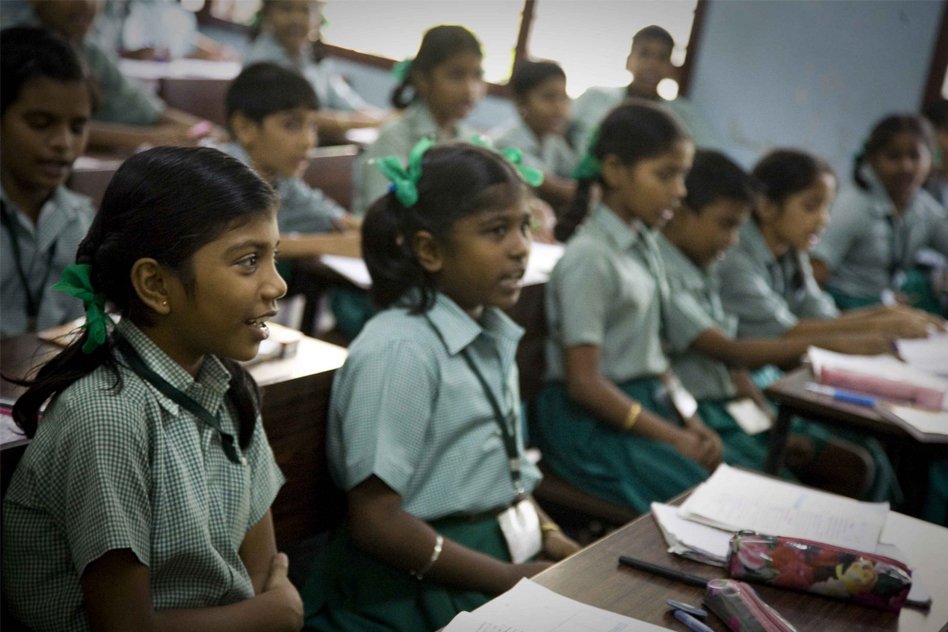
Know Everything About Right To Education On Its 6th Anniversary
1 April 2016 2:44 PM GMT
Image Courtesy: quirkybyte
April 1, 2016, marks the sixth anniversary of Right to Education (RTE) in India. Article 21 A of the constitution made education a fundamental right for its citizens. RTE provides provision of free and compulsory education for children in the age groups between six and 14 in India. With this, India became one of the 135 countries in the world which made education a fundamental right for children. The Act also specifies minimum norms in elementary schools. It requires all private schools to reserve 25% of seats for the poor and other categories of children (to be reimbursed by the state as part of the public-private partnership plan). It also makes provisions for no donation or capitation fees and no interview of the child or parent for admission. The Act also provides that no child shall be held back, expelled, or required to pass a board examination until the completion of elementary education. There is also a provision for special training of school dropouts to bring them up to par with students of the same age.
The origins of RTE
The RTE came under the Sarva Shiksha Abhiyan (SSA) programme of the Indian Government aimed at universalisation of elementary education as mandated by the 86th Amendment of the Constitution masking free and compulsory education for children between ages six and 14 a fundamental right. Though the SSA came to be operational since 2000-01, its roots go back to 1993-94, when the District Primary Education Programme (DPEP) that was launched under Central government. Though under the DPEP many children came under the premise of education, it failed to make any impact on the enrolments of girls.
Challenges remain
The RTE has certainly led to the growth of schools than before. But it has not resulted in consequent growth in a number of children going to government schools, but the number of children going to private schools has increased from 18 percent to about 35 percent. However, there is a 55 percent of the decline in the dropouts has been reported in 2014 between the age of six and 14. One of the major criticism RTE has faced over years is the quality of education being provided. The quality of education has suffered due to understaffing and lack of training of teachers. The flow of public funds has so far been focused on developing school infrastructure. Teacher training has been largely neglected.
The Logical Indian is proud of the fact that India made primary education a fundamental right, however, there are crucial gaps even after many years of implementation. We appeal to the government to leave no stone unturned in implementing Right To Education in its word and spirit.
 All section
All section













